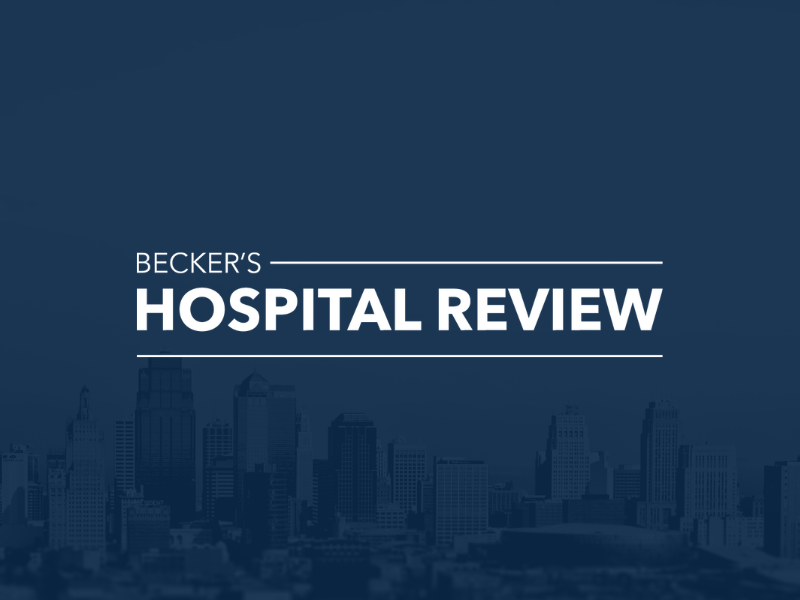I think it blows your mind because you just haven't been around top programs in a competitive specialty to understand things properly. Maybe you haven't worked in finance or held a job in a competitive industry prior to joining medical school. You're just an outside observer coming up with your own theories about how the world should run... How much more do you need us to tell you before you begin to understand? Yes, taking DOs and IMGs negatively affects a program. I've been doing research in ophthalmology for years now, including at a top ophthalmology hospital, and I know tons of rotating students and current residents from top 10 schools. For someone like me or others in this thread who have been interacting with people in these places every single day for years, it's such an obvious truth that pedigree of the residents is something that people pay a great deal of attention to, especially if they come from a top tier school themselves. It is seen as one of the indicators for the health of the program and an indicator that the program is constantly receiving applications from the cream of the crop aspiring ophthalmologists. It is crystal clear that people who go to schools like Harvard and Stanford would rather have Harvard and Stanford graduates as their co-residents than DOs or IMGs. PDs and Chiefs of departments know this (and have told me this), and it's likely they were also in the same mind-set when applying for residency. It's well known that medical school of the applicant is one of the MOST important factors in ophthalmology resident selection - fourth most important (after step 1, letters, and clinical grades, if I remember correctly), and is probably more important in the upper tier. This is similar to other highly competitive specialties.
I was just at a meeting last month, and faculty were casually discussing residency stuff over some food, and a chief of a department said that "students from Harvard might get nervous and apply to every program but they're going to end up ranking places where students of their quality are residents"... I even know the PD of a mid tier program in a major city that took a DO a long time ago, and will not do it again because of the problems it caused. Completely understandable and justified. Welcome to reality.
Graduates of top schools are getting invites from all the top program in their specialty of choice - when it comes down to ranking two similar tier programs, but one has a history of taking IMGs and DOs, chances are they may get ranked lower by graduates of top schools. Why risk that when you can easily ignore the IMGs and DOs and interview only graduates of top schools? It's a no-brainer. Finance and business world - same thing. There are real world implications to everything you do. Wow, shocking...
Yeah, try that over here. The hospital I am currently at right now as we speak has a policy of "do not take IMGs and DOs whatsoever at the flagship centers because it will tarnish our reputation and make us seem less competitive"... If you're a PD and you take a DO, and the hospital board that oversees residency programs has a meeting with you and asks you why you took a DO over the qualified MDs from top schools and therefore risk the reputation of the hospital, you better have a more reasonable explanation than "the DO was a better fit, he was cool and had a great SOAP note, man!", as the policy has nothing to do with fit and qualifications.
From your post, it sounds like you're really angry, but it's much better to just accept that this is how the world works. Emotional claims and personal attacks against the experienced faculty of these prestigious programs isn't going to change anything. Calling it unfair or whatever is not going to change anything. It is what it is. They're preserving their program's reputation, and you can either keep being angry about it or you can accept the world for the way it is.

